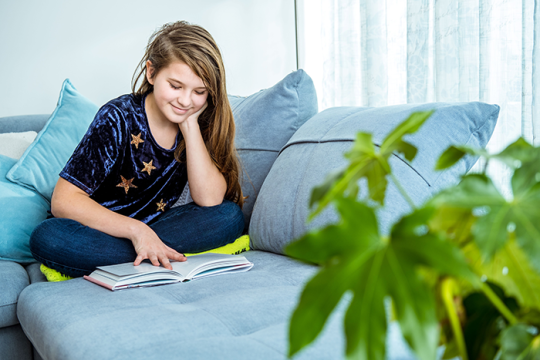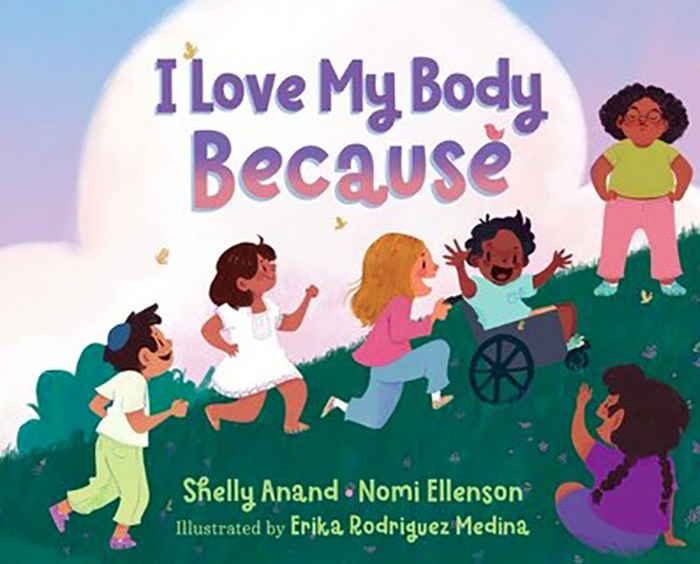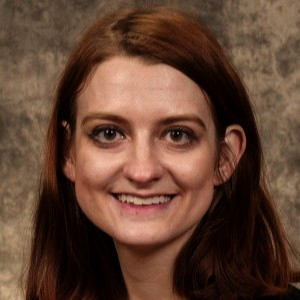Nomi Ellenson began work as a red carpet and fashion photographer for Getty Images and wanted to encourage a broader definition of beauty. Now, she is a boudoir photographer, who over the years has empowered over 800 women to embrace their own unique beauty. Ellenson co-authored a children's book, "I Love My Body Because," which encourages children to see the similarities and differences between individual bodies and celebrate both. We sat down with Ellenson to discuss her work, how her Jewish values have shaped what she does, and her mission to help people of all ages and genders see themselves as b'tzelem Elohim, created in the image of the Divine .
What inspired you to work as a boudoir photographer?
When my family immigrated from Eastern Europe to New York, they opened a shmatte (garment) store, which has since evolved into a lingerie shop on the Upper West Side of Manhattan.
I grew up with lingerie being very normal. My great grandmother was infamous for helping women find the right bra, fitting women for bras until she was 95. I knew Grandma Selma helped women feel better in their bodies, and she inspired me to move in that direction. She showed me how lingerie could be a tool of empowerment.
Both of my parents are Reform rabbis. I saw how important it is to be passionate about your work. I always thought that my job should align with my values.
I got my start as a photographer doing fashion week and red-carpet photography and saw how much we valued celebrity and certain body types, and I felt very unaligned. So, I started to work with different modeling agencies and would dress the models in lingerie because that was the fashion I was aware of. Someone asked me if I had heard of boudoir photography, and something clicked.
Doing boudoir photography isn't something people equate with writing children's books. What are some parallels between your photography and your book?
I've photographed over 800 women and have seen how many women really struggle with body image and accepting who we are, and the photography really helps them feel better about themselves. I Love My Body Because shares the same sentiment of helping people understand how special, valuable, and worthy their bodies are.
How does your work intersect with your Jewish values surrounding body positivity?
One of the most important values is we're all made in the image of God, or b'tzelem Elohim, and there is no hierarchy when it comes to bodies. We all are worthy of feeling good in this human form.
We (often) feel isolated and alone when it comes to how we feel about our bodies, because of our unique shape(s) and size(s). If we give ourselves permission to accept ourselves as we are, it allows us to accept and value others exactly as they are, too. B'tzelem Elohim is about seeing the image of God in others and seeing that divine spark in ourselves.
I also really believe in the power of one, that if you change one person's life, you've changed the whole world. My boudoir shoots are very one-on-one, it's like art therapy. By working with one person at a time, I'm able to shift how they think about themselves and that in turn changes how they feel, and they can then help others see beauty differently, as well.
I think it also goes back to "love thy neighbor as thyself." In my studio, I focus on creating an environment that feels safe and comfortable. [I also focus on] helping my clients feel like they can trust me. Whenever I think about my clients, I always think about how I would want to feel, and how I would want to be treated. That goes back to loving dynamics and decreasing isolation while celebrating our individuality and holding both of those paradigms in balance.
What is something you want kids to take away from your book?
All of us could use a healthy dose of returning to the foundation of what our bodies allow us to do, and hopefully [this book] creates a sense of gratitude for this human form. What I desire is that after reading, [children discover] that, "their body is different than mine. My body is different in this way, and their body is different in that way," but with a sense of joy, and [reinforces that] one is not better versus another.
Related Posts

18 Jewish Reads for Tweens and Young Adults

Where Have All the Jewish Movies Gone?


